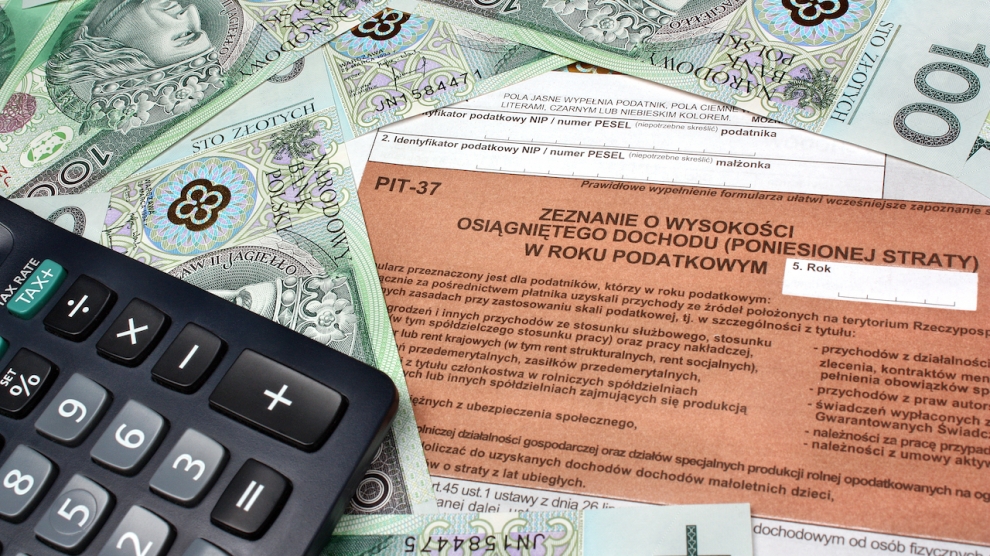Since the current Polish government came into power, last year, they have advocated the need to tighten up the existing tax system. They maintain that the current situation calls for a system that is more efficient and effective and they are looking to find ways to increase the budget’s income without hiking up the tax rates. They have inherited a tax system from the liberal government, which was in power for eight years (between 2007 and 2015), which is in deep crisis — the tax share of the GDP has fallen from 17 per cent to 14 per cent.
The situation in Poland is not much different to many other countries in the European Union. In other countries too, the tax regulations, that were created, were largely influenced by lobbyists who are, by nature, interested in tax evasion. At that time, the governments in power were prone to such external pressures. Another detrimental factor was the influence of the international audit and consulting industry, which played a significant role in shaping the current tax regulations and tax practices: A fact which was recently discussed by the European Parliament, in a resolution dated the 6 July, 2016.
Where Poland is concerned, the government needs to cut all possible ties with the audit and consulting industry, if it wants to improve the existing tax system, because the industry’s position is very strong and relies on informal personal relations and dependencies to keep it well positioned. They have already been successful in a number of areas, for example, they scuttled the new law on value added tax, which was written by the Law and Justice (PiS) party, during the 2015 election campaign. There are also significant delays in drafting and introducing new regulations related to tax evasion.
The solutions that are already in place are cover provisions against tax evasion and fuel trade licensing. The Ministry of Finance is also working on electronic invoices, which should be introduced in 2017.
The Ministry of Justice has managed to be more successful in introducing necessary regulations but unfortunately, these haven’t solved all of the problems. However, the government stands a high chance of introducing new tax regulations before the end of this year, which will result in a significant increase in budgetary income for 2017.
The plan sounds quite ambitious but it is feasible. It requires massive changes in the Ministry of Finance, whose measures are not always compliant with the government’s objectives. It is essential that the government and the ministry become entirely separated from all of the agents that are potentially interested in making the Polish tax system as inefficient and ineffective as possible — mainly those from international businesses that provide services related to, and resulting in, tax evasion.
So far the overall situation looks optimistic — at the end of August 2016, the government confirmed that within the first six months of this year tax efficiency had increased by PLN 9 (€2.1) billion compared to the first half of 2015.
_______________
The views expressed in this opinion editorial are the author’s own and do not necessarily reflect Emerging Europe’s editorial policy.






Add Comment